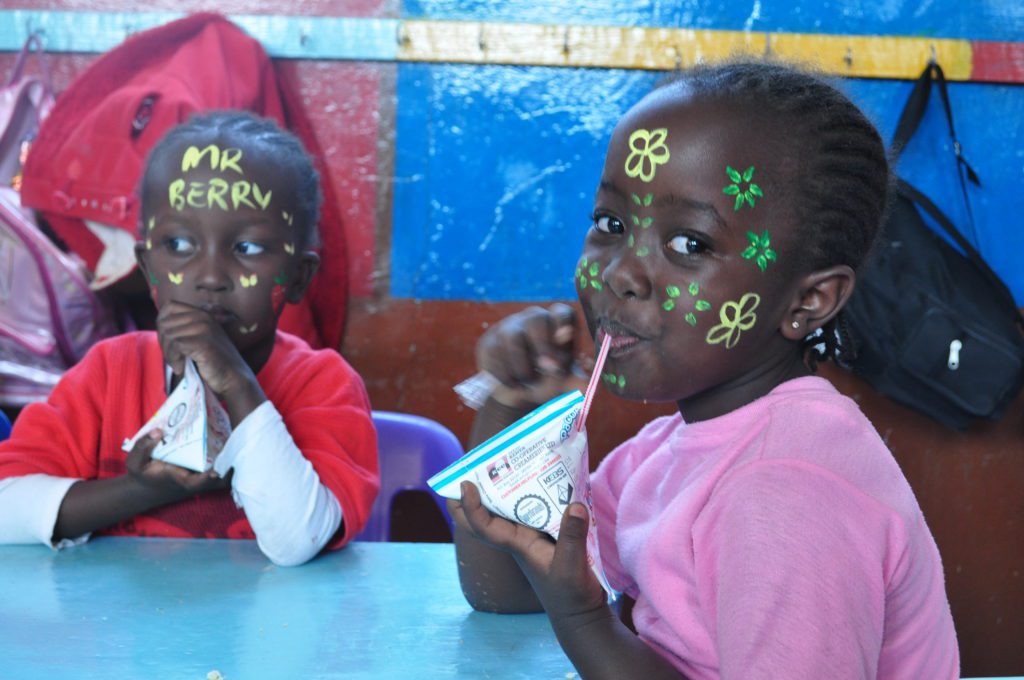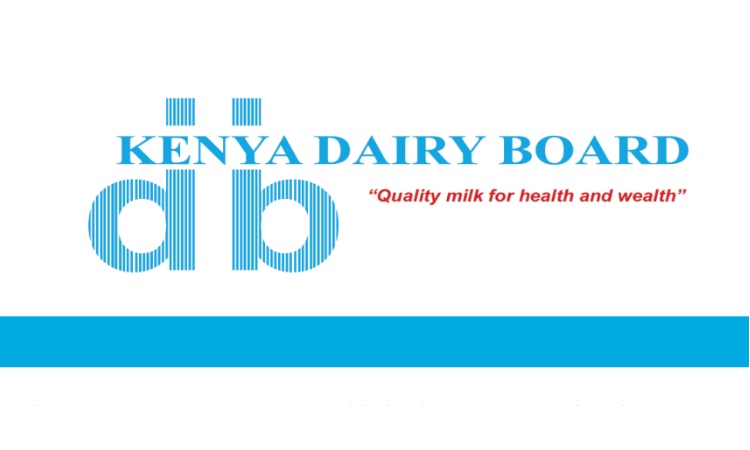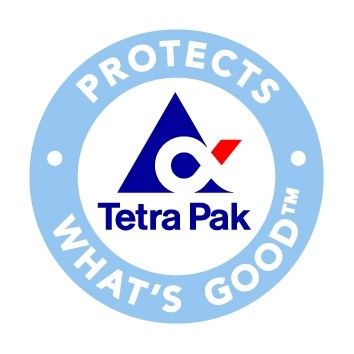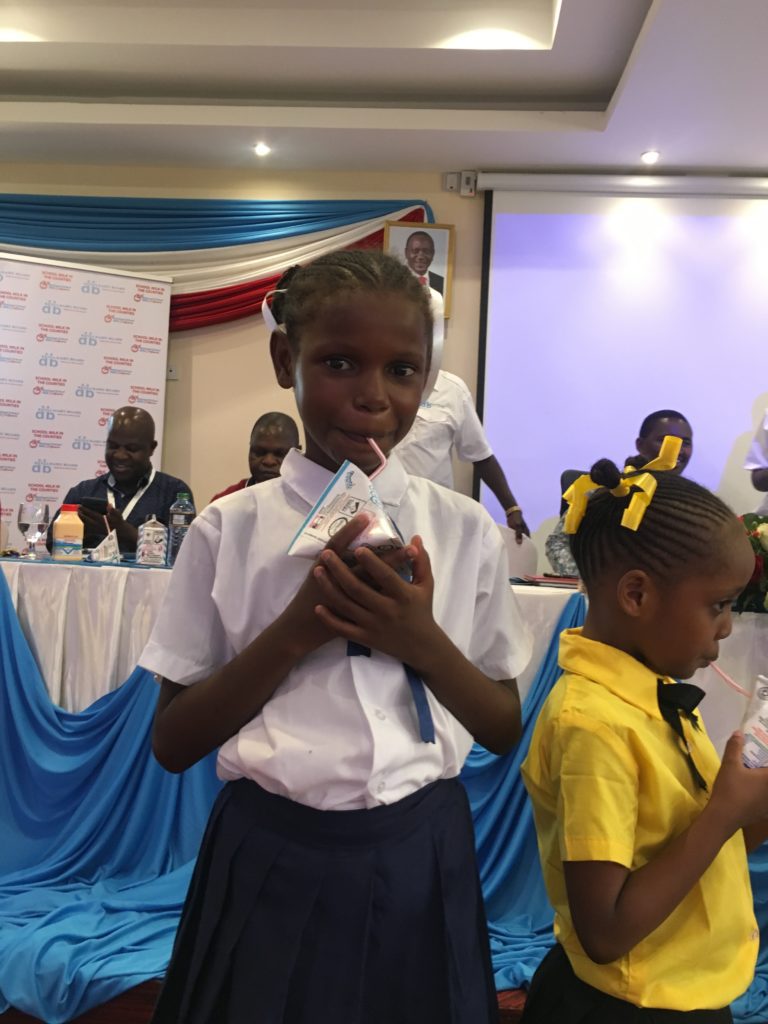Share this page
School milk helps increases enrolment rates in Kenya
Improving school attendance and nutrition through school milk programs

Location
Kenya
Number of children
333,000
Age range
Grades K-12
Timing
2012-present
Program overview
Food security and nutrition are key challenges in Kenya. According to the World Food Programme (WFP), malnutrition levels are at 29 percent for children in rural areas while 20 percent of those living in cities are stunted. According to UNESCO, school enrolment rates still remain a challenge at 75%, although there has been some improvement in recent years.
“There exists a strong link between the dairy industry and education sector. Besides providing quality nutrition to pupils in schools, milk provides incomes to parents who are then able to pay school fees and meet other educational obligations,” Anthony Ian Mutugi, Chairman of the Kenya Dairy Board.
School milk programs around the world have demonstrated that they can improve school attendance and nutrition, and strengthen the local dairy value chain. To tackle malnutrition, increase school enrolment rates, local county governments worked in collaboration with the Kenya Dairy Board and local dairy processors to initiate school milk programs in five counties across Kenya, covering 1,767 schools. The programs also provide farmers with access to market for milk.
Type of products
Milk & dairy products
Stakeholder engaged
Local county governments, Kenya Dairy Board & local dairy processors, schools
Additional details
Across Kenya, food security and nutrition are key challenges. Meanwhile, Kenya has access to an excellent source of nutrition, ranking 34th in the world in milk production. According to the Kenya Dairy Board, there are an estimated 1.8 million smallholder dairy farmers with a production of 5.2 billion litres of milk p.a. However, 80% of total milk production is still produced by smallholder farmers that lack formal access to market. The dairy sector is also suffering from poor milk quality and low productivity with an average yield per cow of 4-5 litres/day.
Learning from success stories around the world, local county governments worked in collaboration with the Kenya Dairy Board and local dairy processors to initiate school milk programs in five counties, covering 1,767 schools. The objectives were to tackle malnutrition, increase school enrolment rates and provide farmers with access to market for the milk.
Another important part of the initiative was to source milk from smallholder farmers. There is active participation from Meru Dairy, NKCC, Gihunguri Dairy and Brookside Dairy, all of which are supplying UHT milk to schools, providing children with a great source of safe nutrition. Tetra Pak and Tetra Laval Food for Development are providing technical assistance and training to these smallholder farmers.

Organization
Local county governments, Kenya Dairy Board & local dairy processors - supported by Tetra Pak


Monitoring & impact
The consumption of milk and dairy products will also increase in the long term and help the local dairy sector grow. The growth of the program has great potential to promote education and support the development of the entire dairy value chain. Plans were put in place to measure the impact of the school milk programme in order to validate progress. The impact data is showing significant results. For example, schools that have a school milk program have seen increases in enrolment rates of up to 55% in Nairobi County, 25% in Mombasa County, 20% in Meru County and 14% in Embu County compared with schools without a program. Other benefits include more motivated and alert children, improved rates of transition from home school to formal school, less sickness on milk days and more active participation in field activities. The growth of the program has great potential to promote education and support the development of the entire dairy value chain in Kenya.


Dietary guidelines
Kenya published its dietary guidelines in 2017. The recommendations are targeted at the general population with key messages provided for each stage of the life cycle.
The guidelines for healthy eating include the recommendation to drink fresh milk, fermented milk or yoghurt every day.
Further links
- Kenya Dairy Board
- Further information on the development and implementation of this program is available on the Tetra Pak website
Resources






